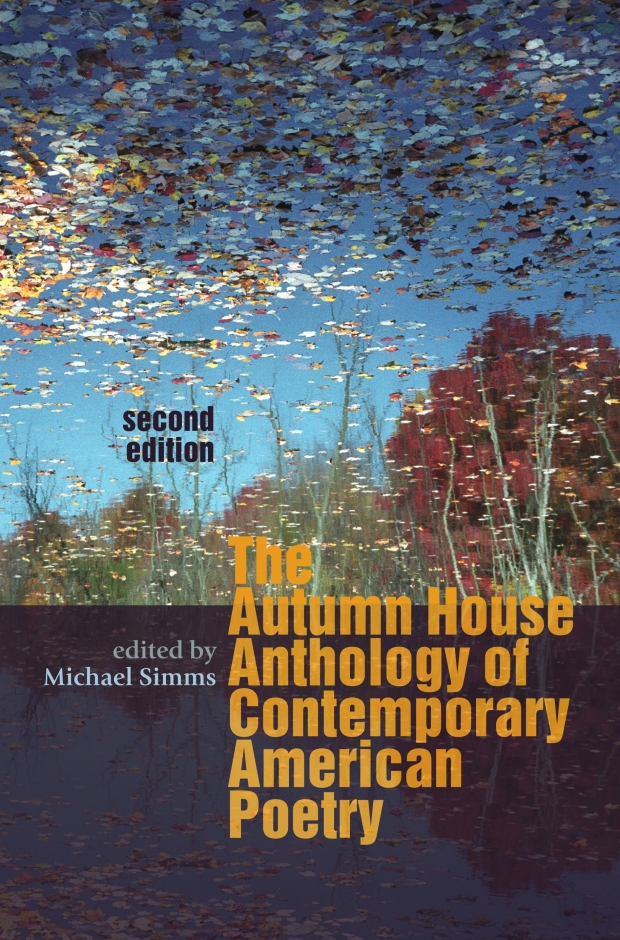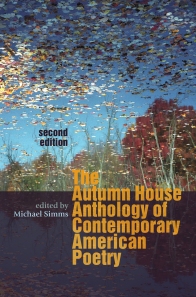The Power of Personal Experience – Part II

by Richard St. John
In Part I, I talked about poetry as a way of encountering and experiencing truth – not the narrow “truth” of scientific expression, but the complex truth of felt, human experience.
But what if you feel you can’t connect with poetry? What if it seems less like “felt experience” than a complex “story problem” you were assigned in class, but never were able to solve? Well, lots of people feel that way. I think it’s because they were taught that you had to “understand” poetry in order to experience it, when really it’s the other way around.
Think of it like music. We don’t start by “understanding” or de-coding a piece of music. We plunge right in. We let it wash over us…something captures us…and we absorb it over time. Relax! It’s not a test, even a test of “appreciation.” After all, no one likes all music. (Jazz may appeal to you more than rock or country, and even then you might enjoy Miles Davis before you come to love John Coltrane.) So, you don’t need to like every poem. And the more you listen to any genre, the more you’re likely to come to appreciate, even love it.
Here’s another parallel with music: If someone hands you a piece of sheet music, you probably won’t “get it.” Your best bet is to start by hearing a performance. That’s a good way to approach poetry, too. Ask a friend who loves poetry to read a favorite poem aloud to you. Just in their voice, the way they understand the poem to sound, you’ll be hearing an interpretation. It’s not the only interpretation, just as no two renditions of a song are quite the same, but hearing it will help you catch the flow of things much better. You’ll hear your friend’s passion, too. She or he can share why the poem is personally meaningful and might be able to clarify something that you find a bit confusing. Remember, much of the music you now love was probably introduced to you first by an enthusiastic fan.
Another great way to encounter “the power of personal experience” first hand is to go to a poetry reading. Pittsburgh is a great poetry town, with three or four poetry readings each week, most of them free. Often several poets will read, which will allow you to hear different voices and styles. Sometimes, poets will share some context before reading a poem, to give the audience a framework for absorbing it. Invite a friend who likes poetry — or accept an invitation that might not have otherwise! — so you’ll have company, a “guide” to compare reactions with, just as you would after a concert or a movie. You can find many events on the Pittsburgh Literary Calendar.
Finally, if you want to experience poetry personally, but feel more comfortable reading on the page, where you can pause, reflect and re-read, that’s great too! There are lots of good places to begin, but let me recommend one with a Pittsburgh connection. Pittsburgh-based Autumn House Press has recently released a beautiful second edition of The Autumn House Anthology of Contemporary American Poetry. It lets you sample three or four poems by over 100 extraordinary poets from across the country, including a good selection from our region. Editor, Michael Simms, has made wide-ranging choices, but with an emphasis on compelling and humane rather than “experimental” poetry because, as he puts it, “poetry provides the fastest route to the center of our lives.”
So, take the plunge! Start enjoying the “power of personal experience” in poetry – through personal experience. You’ll be glad you did.
Richard St. John is a poet and former Executive Director of Autumn House Press.
“Shrine” (an excerpt) by Richard St. John On our street I find a fallen thrush. I pick it up stunned by how light it is. One wing unfolds beneath my hand intricate and patterned as a paper fan. It seems to hold all the unequal losses of the world.Click here to read Richard St. John’s first article in this series, “The Power of Personal Experience.”
Click here to return to the table of contents for The Muse Dialogue issue, The Case for Poetry in Our Age
Trackbacks & Pingbacks
- The Power of Personal Experience — Part II | The Muse Dialogue












Rick: your essay here is moving in its passion for poetry and very right to compare poetry to music. Your own poetry is itself an example of the elegance of the lyric and of the lyric voice. Keep on writing and allowing the muse an opportunity to grow in a special way.